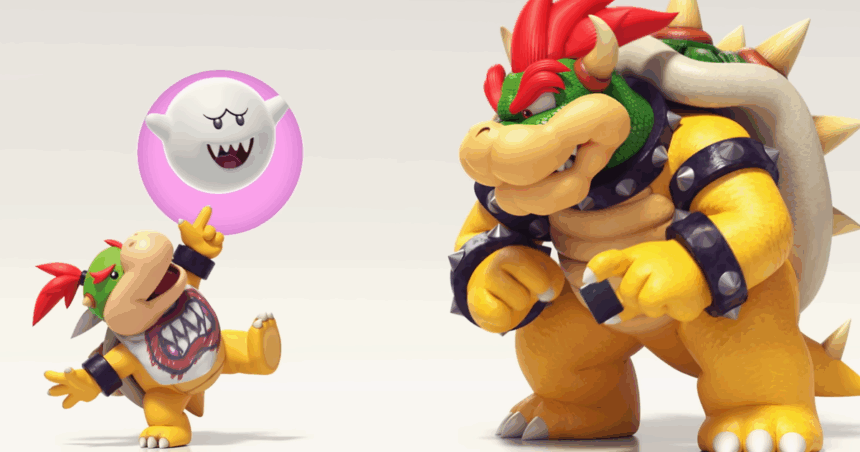[ad_1]
Nintendo’s Crackdown: A New Era for Accounts and Digital Products
Nintendo has taken a bold step by updating its Nintendo Account Agreement to address “unauthorized use” with a clear warning against emulation and piracy. This new move is part of Nintendo’s ongoing campaign to protect its digital assets and ensure a secure gaming environment.
If you are a Nintendo account holder, you’ve likely received an email—like Nova Play did—linking to the latest version of the policy. Notably, as highlighted by Game File’s Stephen Totilo, there are significant changes in the License for Digital Products section.
In the updated UK agreement, Nintendo stipulates that digital products are “licensed only for personal and non-commercial use.” Any form of “unauthorized use” may lead to a digital product becoming entirely unusable, which is a clear message aimed at deterring piracy.

For U.S. fans, the message is slightly different but carries the same weight. The wording emphasizes that failing to adhere to these restrictions could make Nintendo Account Services or devices permanently unusable, highlighting the serious ramifications of piracy and unauthorized activities.
Let’s look back. The original policy, in place since April 2021, warned against leasing, rental, sublicensing, or any form of modification without Nintendo’s explicit consent. The company is now reinforcing these rules with updated definitions that emphasize strict personal and non-commercial usage.
The full UK update reads: “Any Digital Products registered to your Nintendo Account and any updates of such Digital Products are licensed only for personal and non-commercial use on a User Device.” This is a strong statement reflecting Nintendo’s commitment to maintaining control over its digital products.
Meanwhile, the U.S. agreement highlights a wide range of prohibited actions from circumventing security features to distributing unauthorized copies. The language reinforces Nintendo’s willingness to take legal action against violations, keeping users on their toes.
Another noteworthy change is the revised Nintendo Account Privacy Policy, which now allows the company to record video and voice chats stored on your console, provided you grant consent. This feature aims to create a safer online atmosphere, especially ahead of the much-anticipated Game Chat functionality coming to Switch 2. Imagine video calls with friends while battling in your favorite games!
Nintendo’s legal efforts are also hitting new highs. Earlier this year, the company celebrated a major court win against French file-sharing service Dstorage, a milestone that the gaming industry is watching closely. This follows their crackdown on piracy, including actions against the Switch emulator Yuzu and legal actions against streamers using pirated games.
As we look forward, the gaming community remains abuzz with speculation about what these changes mean for the future of Nintendo gaming. Will the Switch 2 bring even more stringent policies, or is there a possibility of a balance between innovation and protection? Stay tuned as the landscape evolves, and let us know your thoughts!
[ad_2]























